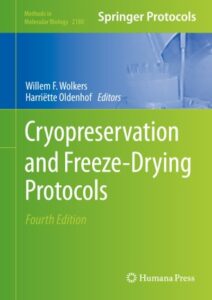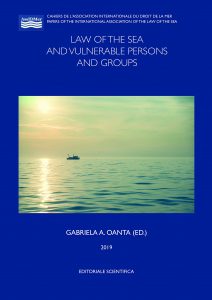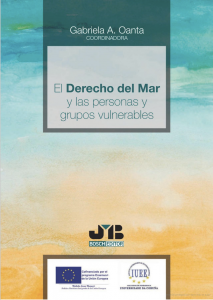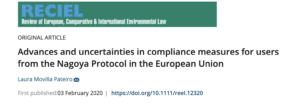A total of 46 researchers from 30 different institutions, have created an ocean observation network with the aim to know and understand the changes taking place in the coastal habitats and provide information about the biodiversity they hold. For that, researchers have placed more than 130 Autonomous Reef Monitoring Structures (ARMS) on the ocean floor, structures established in the vicinity of marinas, ports, marine protected areas (MPAs), and long-term ecological research (LTER) sites. These 3D structures, units consisting of stacked settlement plates attached to the sea floor, have helped researchers to know more about the variety of species present and to early detect the presence of non-indigenous species, attracting both sessile and motile benthic organisms. Researchers sampled the structures several times per year analysing the specimens attached to them and carrying out morphological and molecular studies. The results allowed conduct comparative studies of species assemblages across broad spatial and temporal scales.
Dr. Ibon Cancio from UPV/PIE, Dr. Jesús Souza Troncoso from UVigo and Nicolas Pade from EMBRC Headquarters, all of them members of EBB project, have signed this publication as authors.
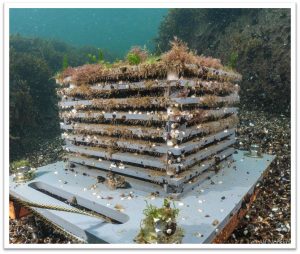 If you want to read the full text, please click here.
If you want to read the full text, please click here.

